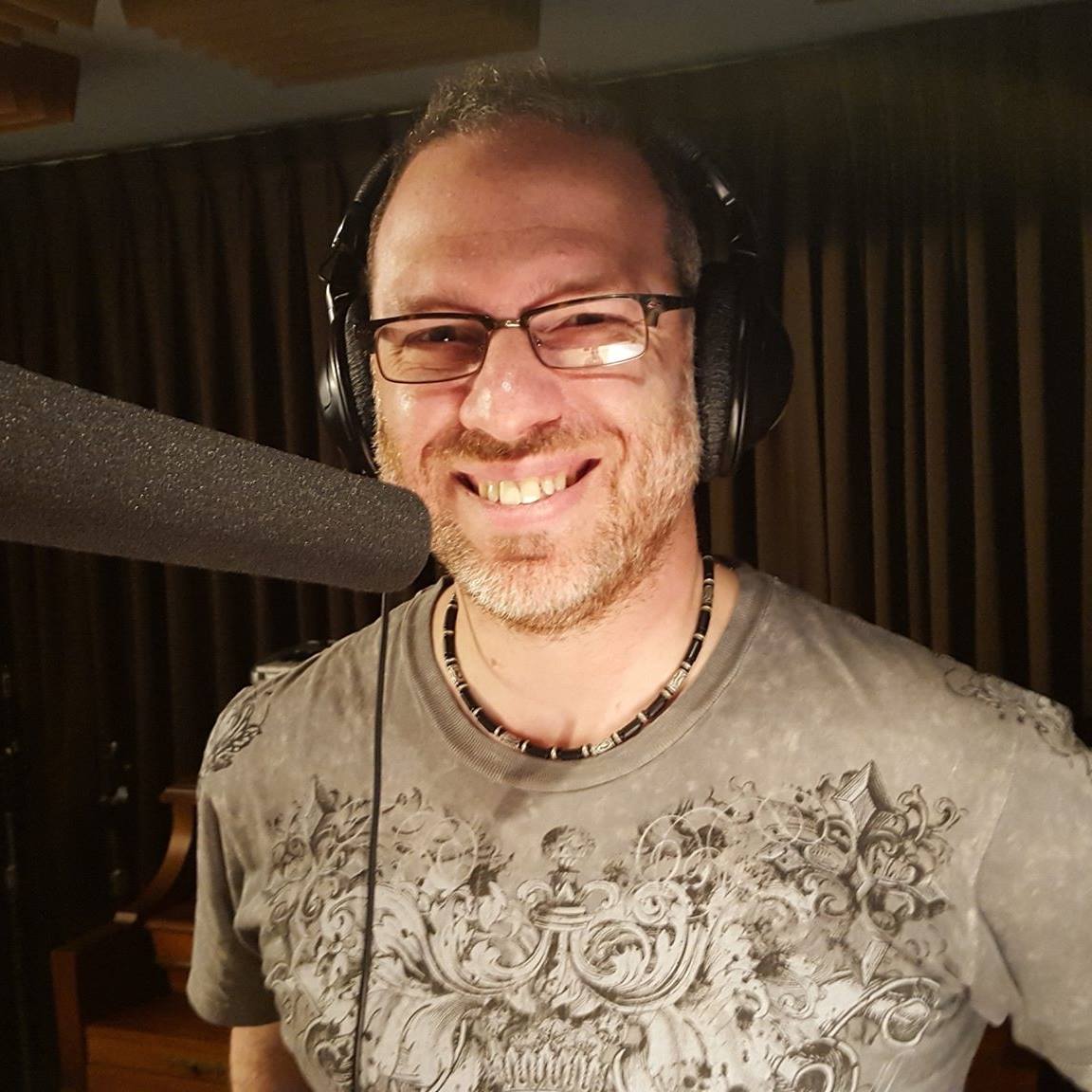|
VOICE ACTING Are You Recording Voice-Overs Pro Bono Like A Business - Or Working For Free? April 11, 2018  By Tom Dheere By Tom DheereVoice Actor and Coach A few weeks ago I got an email from an aspiring voice talent who accepted an unpaid gig to build her resume. She said she was given little information about the project beforehand so could do not any research. When she arrived at the recording session, she was told the project would be packaged and sold to libraries. She did the gig anyway and later asked me if she was taken advantage of. This is what I told her: You didn't ask about usage upfront. If you didn't like the terms they laid out when you got to the studio you should have talked to them about it right then and there. If they couldn't satisfy you, then you walk. If you want, you could reach out to them and try to negotiate a usage fee after the fact, but it may be too late. They didn't take advantage of you. You hosed yourself because you approached the project like an artist and not like a business. This is exactly why so many people try to get into voice-overs, acting, modeling, etc. and fail.I know that was tough love, but man, stuff like that just ticks me off at both the voice talent and the client. Was the client twirling their mustache at the talent? Maybe, maybe not, but voice talents should know better. WHAT'S PRO BONO? There is nothing wrong with doing pro bono work. Actually, I encourage it! I and many of my fellow veteran voice talents do it from time to time. However, if you are going to do pro bono work, you need to approach it like a business. Understand the difference between:
How do I apply that? I only do pro bono work for:
Working for free is doing a voice-over for a FOR-PROFIT company or venture that should pay you, but doesn't.
Even then, find out how and where your voice-over will be used. Whether it's pro bono work or you choose to work for free, send the client a zeroed-out invoice so they understand the value of the service you provided. Do your homework, ask good questions, and don't get taken advantage of! ------------------ ABOUT TOM Over two decades, Tom Dheere has narrated thousands of projects for clients in over a dozen countries and voiced more than 40 audiobooks. He is also a voice over business consultant, coach at Edge Studio, was the marketing consultant for the Voice Over Virtual online conference, and is also writer/producer of the sci-fi action comic book Agent 1.22. Email: tom@tomdheere.com Web: www.tomdheere.com Agent 1.22 SEE MORE HELPFUL ARTICLES ABOUT VOICE OVER INCOME AND FEES |
As of the NEW website launch, 03/22/2012


.png)







One thing I have come to realise: the gigs that really take extra time, have multiple pickups and after-thought re-writes, are typically those we may have agreed at bargain rate to stay alongside a 'cash-strapped' indie.
Of course we want to help, particularly students and innovators, and of course some people are not employing or directing voice every day... but, well, we need to develop our instincts. Extended jobs keep us away from other work.
As for a zeroed invoice... hmmm, never thought about that!
Pro-bono work is also beneficial with local Kiwanis Clubs, Toastmasters, Chamber of Commerce and other avenues that you can volunteer for to get recognition for your philanthropical goodness & voice.
Do follow Tom's advice to send them an invoice with your full charge on it so they understand the value of your work. Then, of course, discount it on another line to show it zero's out.
If you don't watch out for your own back, no one else will.